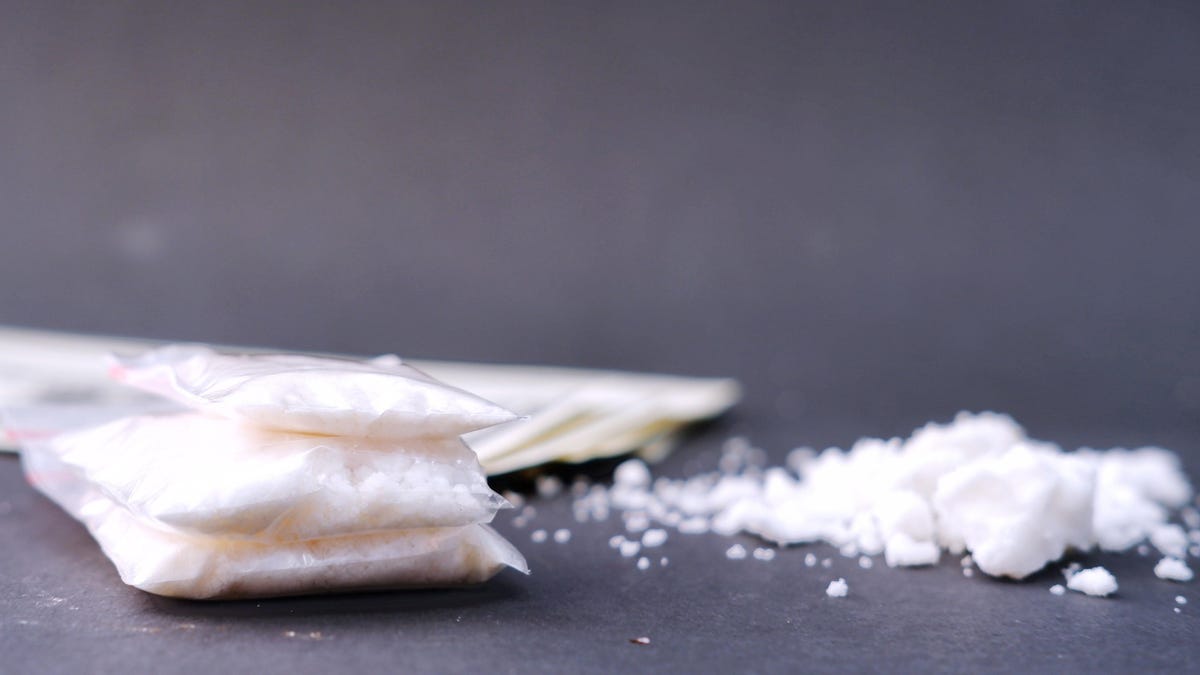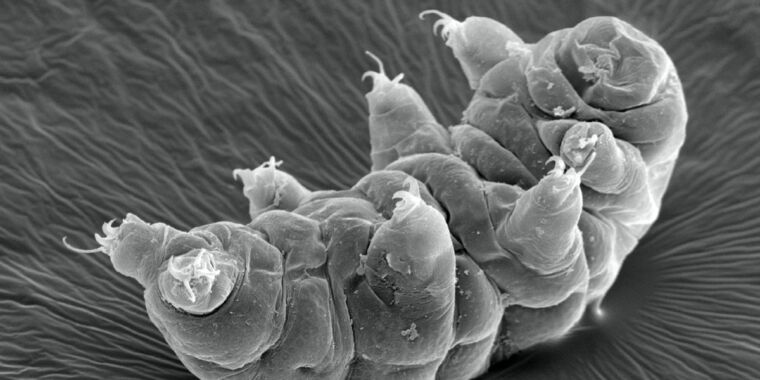Understanding Drugs’ Effects on the Brain’s Reward System
Recent research conducted by scientists at The Rockefeller University and the Icahn School of Medicine at Mount Sinai sheds light on how addictive drugs such as cocaine can disrupt the brain’s reward system, causing individuals to prioritize drug use over fundamental needs like food and water. This groundbreaking study not only unravels the intricate neural pathway involved in natural positive stimuli but also demonstrates how drugs can disrupt this pathway, leading to addictive behaviors.
Investigating the Brain’s Response to Drugs
Lead author Bowen Tan, a researcher at Rockefeller’s Howard Hughes Medical Institute, emphasized the team’s focus on understanding the pivotal stage of unhealthy drug dependence when an individual’s cravings for the drug overshadow essential life activities. Tan posed a fundamental question: How do drugs alter the brain’s response to basic needs?
The study builds upon existing knowledge that the nucleus accumbens (NAc), a brain region, plays a crucial role in regulating responses to rewarding stimuli, including food. Previous research has shown that addictive substances interact with the NAc. In earlier studies, Tan and colleagues delved into the intricate network of brain cells within the NAc that contribute to this process, mapping out the involvement of specific NAc neurons in regulating hunger and thirst.
Discoveries from Mouse Studies
In their latest study, published in the journal Science, the researchers focused on the effects of cocaine and morphine on the NAc cells in mice. The results revealed that these drugs activate the same neurons responsible for processing rewarding stimuli such as food and water. With repeated drug use, these cells undergo behavioral changes, ultimately disrupting the natural reward system and diminishing the motivation for essential needs in the mice subjects.
Co-author Caleb Browne, a researcher at the Center for Addiction and Mental Health at Mount Sinai, highlighted the team’s innovative approach, leveraging advanced technologies to understand how different brain cells compute the value of rewarding stimuli and how drugs alter these cells’ function over time.
Targeting a Key Gene in Drug Addiction Pathway
The researchers identified Rheb, a specific gene associated with the NAc neural pathway, as a critical player in allowing drugs to hijack the brain’s reward system. By manipulating Rheb using CRISPR gene-editing technology in laboratory mice, the researchers successfully prevented the drugs from overriding the animals’ need for food and water.
While the findings are based on mouse models, further research is needed to determine whether similar mechanisms occur in humans with substance use disorders. Despite the complexity of addiction, understanding the neurobiological processes involved offers hope for developing more effective treatments for individuals struggling with addiction.
The team plans to continue investigating the brain circuitry and chemicals involved in drug addiction, exploring how other brain regions contribute to the reward-processing cells in the NAc and studying the potential role of these cells in long-term vulnerability to relapse. By unraveling the intricate mechanisms underlying addiction, researchers aim to identify targeted interventions that can disrupt addictive behaviors without dampening natural motivations.
Image/Photo credit: source url





